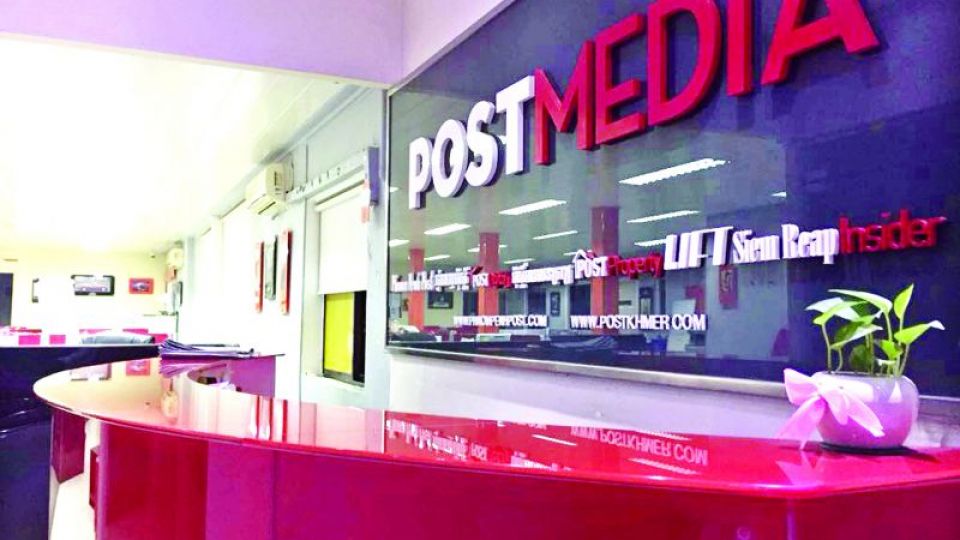May 18, 2018
With the sale of Cambodia’s last independent newspaper to a Malaysian investor linked to Prime Minister Hun Sen, concerns are beginning to mount about the state of press freedom in the kingdom.
The Phnom Penh Post changed hands from Australian Bill Clough to the owner of public relations firm Asia PR, Sivakumar S. Ganapathy, earlier in May after the newspaper was slapped with a hefty $3.9 million tax bill.
According to the Phnom Penh Post, the new owner expressed the intention to maintain the newspaper’s editorial independence in a press release distributed to staff.
However, the newspaper’s editor-in-chief was fired by a representative of the newspaper’s owner after an article was published linking Sivakumar’s PR firm to the Hun Sen government. Five senior staff members and CEO Marcus Holmes resigned in protest.
The Phnom Penh Post is just the latest casualty in what has been widely regarded as an ongoing crackdown on the press ahead of a general election in July.
Since August last year, a number of Cambodia-based media organisations have found themselves being hounded by the tax department over unpaid taxes. Independent paper Cambodia Daily, was given a month to pay an exorbitant $6.3 million in back taxes and was forced to close, The Phnom Pehn Post reported.
Over a dozen radio stations were abruptly shuttered including Moha Nokor, a station that aired shows by the main opposition as well as foreign media outlets such as Voice of America and Radio Free Asia. The reason for the closure, outlined in an August 21 letter to the station’s owner, was that it had violated its contract with the ministry.
The following month, US-funded broadcaster Radio Free Asia released a statement announcing the closure of its office in the country’s capital over “the government’s relentless crackdown on independent voices.”
The move came after the government shut down more than 30 radio frequencies airing the broadcaster’s work, and the RFA had also wound up in trouble with the Finance Ministry for allegedly failing to pay its taxes and operating without a license, according to the Phnom Pehn Post.
Two of its journalists, Uon Chhin and Yeang Sothearin were arrested in November and later charged with “espionage” having allegedly provided “a foreign state with information which undermines national defence,” as Phnom Penh Deputy Police Chief Sim Vuthy is quoted as saying in the Phnom Penh Times. The duo were also accused of continuing to work for RFA after the broadcaster shut down operations in the country.
The Phnom Penh Post reported that the government had claimed, without evidence, that RFA was involved in an opposition plot to foment a “colour revolution,” which led to the arrest of Cambodia National Rescue Party Lead Kem Sokha in September, and the dissolution of the party – widely regarded as the only credible threat to Hun Sen in the upcoming election – in November.
In March, the pair were slapped with additional charges for allegedly producing pornography and denied bail, even after a group of US senators called for their release.
“For there to be any hope for democracy in Cambodia, a vibrant, open, and free media is required,” Brad Adams, Asia director of Human Rights Watch is quoted as saying in an article on the organisation’s website. “But independent journalism is now being made into a crime in Cambodia. How many more journalists will be slapped with bogus espionage, incitement, and treason charges before concerned governments impose sanctions and signal to Hun Sen that there will be consequences for his retrograde actions?”


